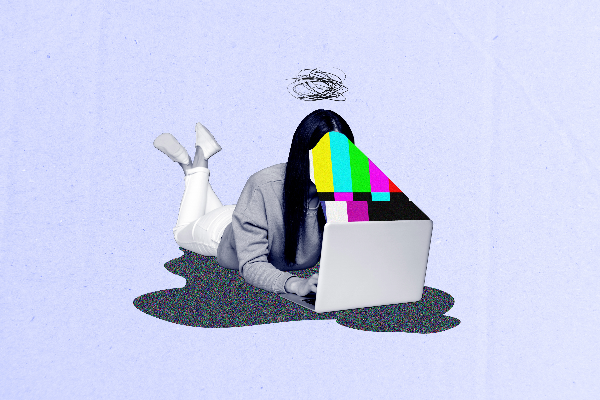Information Is Not Knowledge
In the world of specialty coffee, it's apparent that we are inundated with an abundance of information. Over the past two decades, we've witnessed the rapid rise and fall of trends in roaster machines, espresso machines, coffee tools, and ever-evolving tampers. Barista champions, influential coffee bloggers, and YouTubers all champion the latest coffee gadgets, leading coffee consumers and the next generation of baristas to hop onto each new fad, only for it to be replaced when the next coffee gadget emerges. The obsession with tampers, dosing tools, equipment brand names, varietal names, funky processing methods, hand grinders, and even trendy pour-over brewers is staggering.
Despite this wealth of information, our industry often fails to realize that information doesn't necessarily equate to true knowledge.
Information can be likened to the concept of a flat Earth – it may seem plausible at first, but it falls short of genuine knowledge. It appears that nearly every coffee idea carries the potential for distortion and corruption.
This is where technologies like blockchain and Web3 come into play, aiming to verify information and knowledge, preventing falsification, much like the Pope in a Puffer jacket.

We need to keep information pure, and hopefully blockchain and web3 will clean up the internet. These tools can assist in verifying the origin of content, whether it's ChatGPT-generated text, images, or videos, allowing us to distinguish between real and AI-generated content. We need to verify data, because data is our history, when it is un-distorted we can learn from it so that it becomes knowledge.
Consider coffee as an example when examining historical data. Fortunately, we have a book from 1922 when the collective knowledge on coffee roasting was on par, or even ahead of what today's specialty coffee industry knows. We can reasonably assume the 1922 book predates AI. We can trust it as a source of uncorrupted historical coffee data, ensuring its reliability as a valuable resource.
" The coffee bean is not ready for beverage purposes until it has been properly "manufactured", that is, roasted, or "cooked". Only in this way can all the stimulating, flavoring, and aromatic principles concealed in the minute cells of the bean be extracted at one time. An infusion from green coffee has a decidedly unpleasant taste and hardly any color. Likewise, an underdone roast has a disagreeable "grassy" flavor; while an overdone roast gives a charred taste that is unpalatable to the average citizen of the United States. " William H. Ukers Author of All About Coffee
Every week across Canada, we encounter unsweet, grassy, overpriced roasted coffees from posturing artisanal experts. Given that we've known not to under and over roast coffee since 1922, why are we still experiencing such terrible coffees at local cafes, especially with nearly a century of advancements in processing, cultivation, and machinery?
We often underestimate the importance of history, viewing it as old-fashioned and outdated. But if we take a closer look, we'll see that we keep making the same mistakes, repeatedly failing to acknowledge and learn from our past experiences. Remember alt.coffee and coffeed.com? These are extinct online text based forums that much of our current artisan coffee knowledge was derived from.
“The illiterate of the 21st century will not be those who cannot read and write, but those who cannot learn, unlearn, and relearn.” Alvin Toffler
Literacy forms the foundation of our challenges, and it's imperative that we promote literacy as it remains a global issue. However, even if we achieve universal literacy, we still face a problem if our data-history becomes corrupted. Learning from flawed texts would hinder our acquisition of genuine knowledge.
Skepticism, even though many of us readily consume information without it, especially on the internet. Some among us categorically reject and distrust everything, opting to unravel every piece of knowledge from the beginning. This approach detrimentally affects our society, as we should be building upon the foundations laid by our predecessors. However, instead of building upon their knowledge, we often begin from scratch, driven by the belief that our tech-savvy generation is superior to those who preceded us. This sense of superiority impedes our ability to learn from those who came before us.
Many in our industry mistakenly believe they invented the light roast style, but this 1922 manual proves them wrong. It's been practiced for centuries. The issue is that we tend to judge the past based on the most recent past. If we delve further back, to those who applied the discipline of science to study and write about coffee, we'll quickly realize that our current knowledge is pale in comparison.
Feel free to check it out; it's free to read, not because it lacks value but because it's in the public domain: https://www.gutenberg.org/files/28500/28500-h/28500-h.htm



